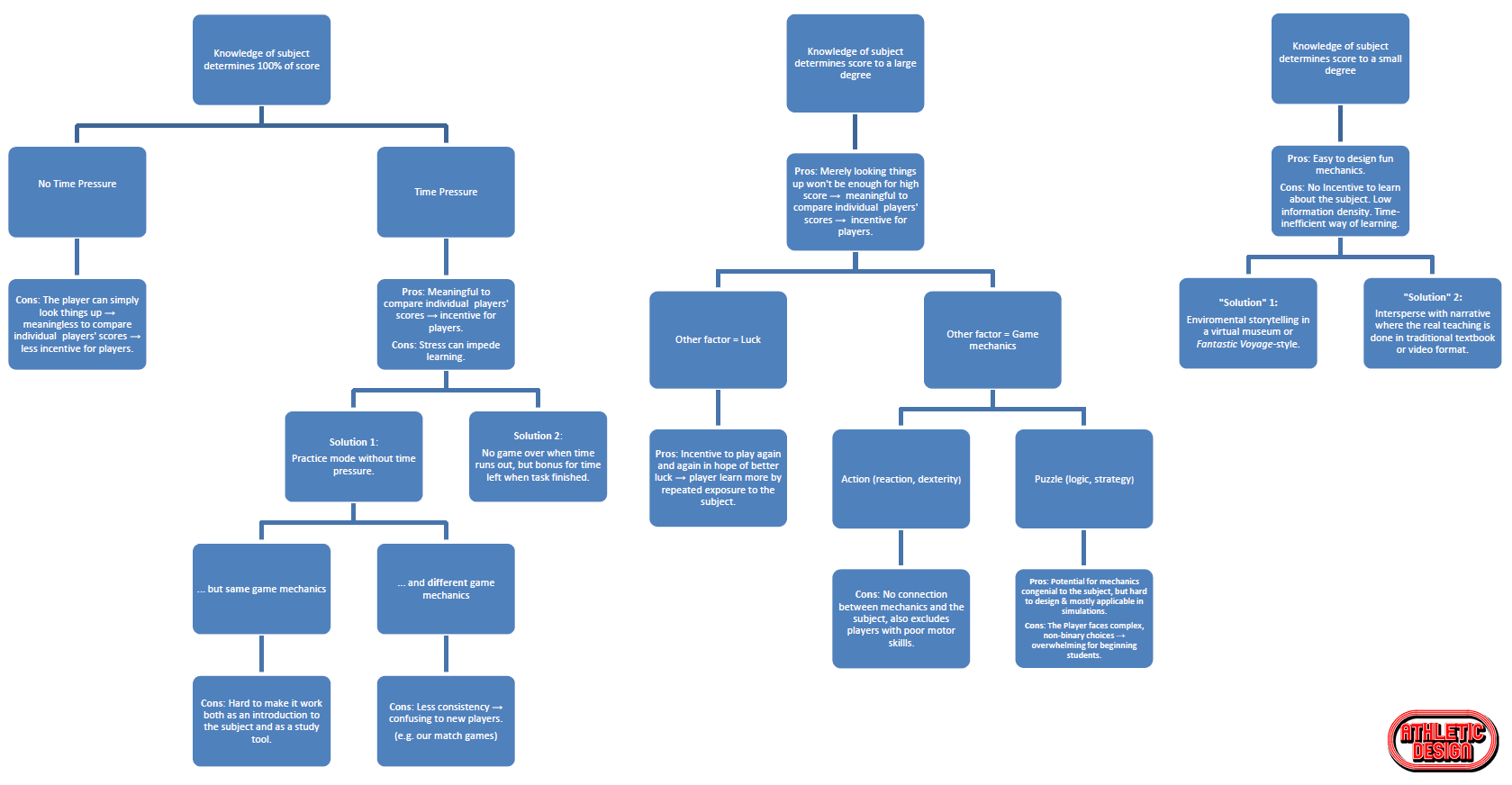I’m trying out a bunch of geography games at the moment. There are countless alternatives out there, some quite good. This is not surprising: geography is a subject well suited for rote learning and rote learning is an activity well suited for gamification. I shouldn’t need to explain why. Rote learning is after all really boring (and pretty hard to some of us) but relatively simple to make more fun by introducing basic game mechanics.
Rote learning is also very important. Sure, knowledge without comprehension is worthless, but comprehension without knowledge is impossible. Critical thinking without comprehension is likewise impossible.
Rote learning is certainly better suited for gamification than “higher-order thinking” or “21st-century skills” and other buzzwords that are the subject of much low-order thinking from politicians and gullible slogan parrots in the serious games and educationalist in-crowd.
Furthermore, critical thinking is fun; it makes you feel smart and good about yourself. It is an intellectual adventure in itself and doesn’t need a superficial layer of point-and-click adventure mechanics to be exciting and inspiring. Still, an aid to improve your critical thinking skills would, of course, be very neat; but I am not sure games are the appropriate medium for that. Seems like buying yourself A rulebook for arguments and joining a serious debate forum online would be a smarter approach – cheap, uncomplicated and available for everyone.
To sum up:
- Rote learning is hard, boring and necessary, but easy to gamify.
- Critical thinking is fun and important, but depends on rote learning and is hard to gamify.

